
Search

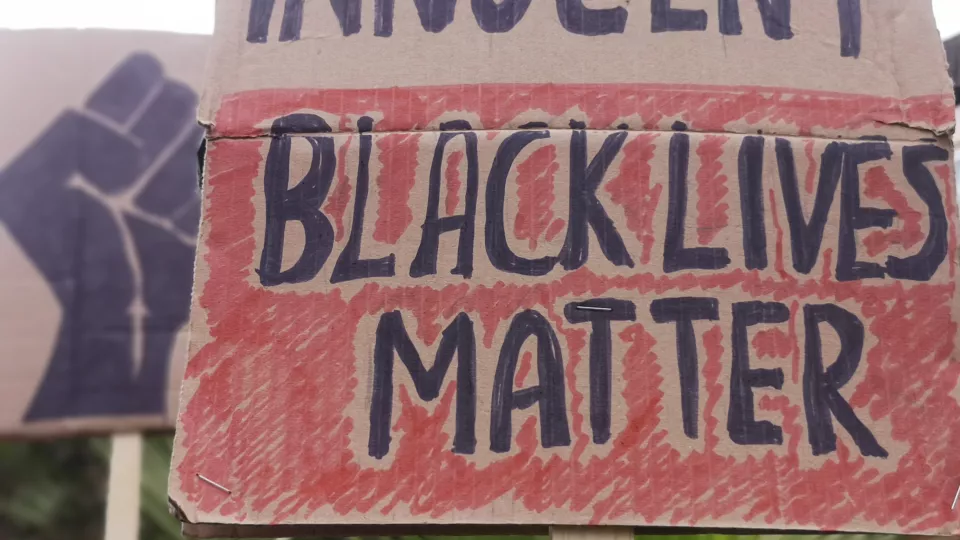
Black Lives Matter
I, like many of you, have been reading about and watching videos on the riots, the police brutality, the incidents of racial injustice and racially motivated violence of the last several weeks linked to the murder of George Floyd by US police in Minneapolis. This makes me deeply sad and deeply angry.
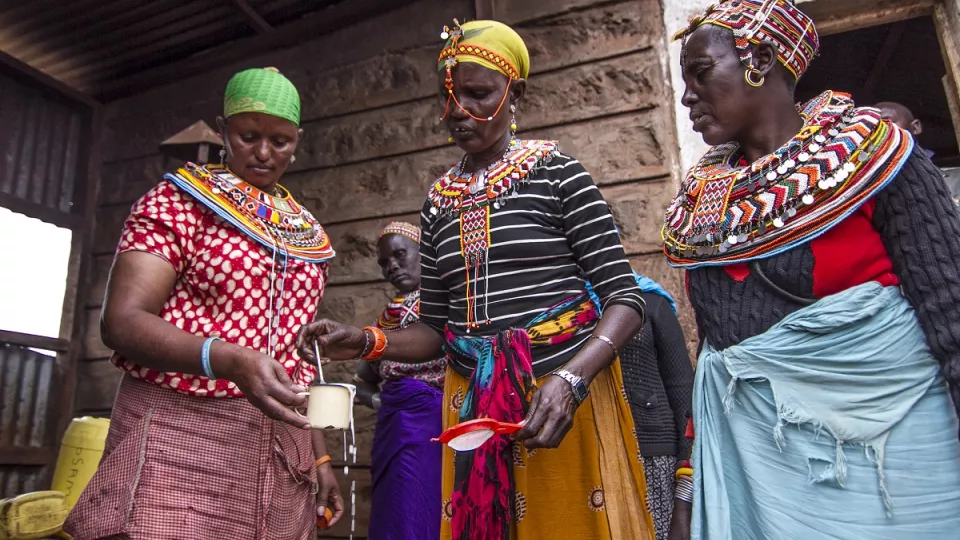
Three years on since the Grand Bargain commitment
Three years ago at the World Humanitarian Summit in Istanbul, world leaders and humanitarian agencies including the Start Network committed to scale up support for locally-led humanitarian action. What has been the progress since then? What milestones has the humanitarian achieved done since then?
Start Network’s call to action to the new Emergency Relief Coordinator
The new Emergency Relief Coordinator (ERC), Martin Griffiths, has officially started his role as the Under-Secretary-General for Humanitarian Affairs, the most senior humanitarian role at the United Nations. He will be leading the policies and strategic decisions of the Office for the Coordination of Humanitarian Affairs (OCHA) which will have an impact across the humanitarian sector and the way the sector responds to crises.

Unlocking localisation
In advance of the launch of The Start Fund, Start Network and Localisation, a review into how Start Network programmes are faring on the localisation agenda, Start Network's David Jones discusses the issues around creating a holistic approach to localisation.
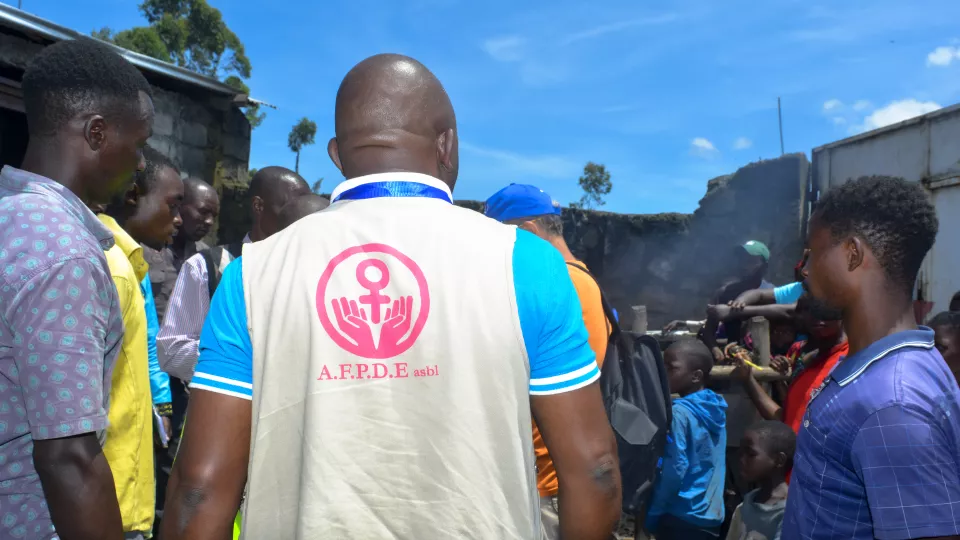
Why just advocating for localisation is no longer enough
Reflecting on humanitarian trends over the past decade, one thing is clear: localisation and/or locally led action are ways of working that are here to stay.
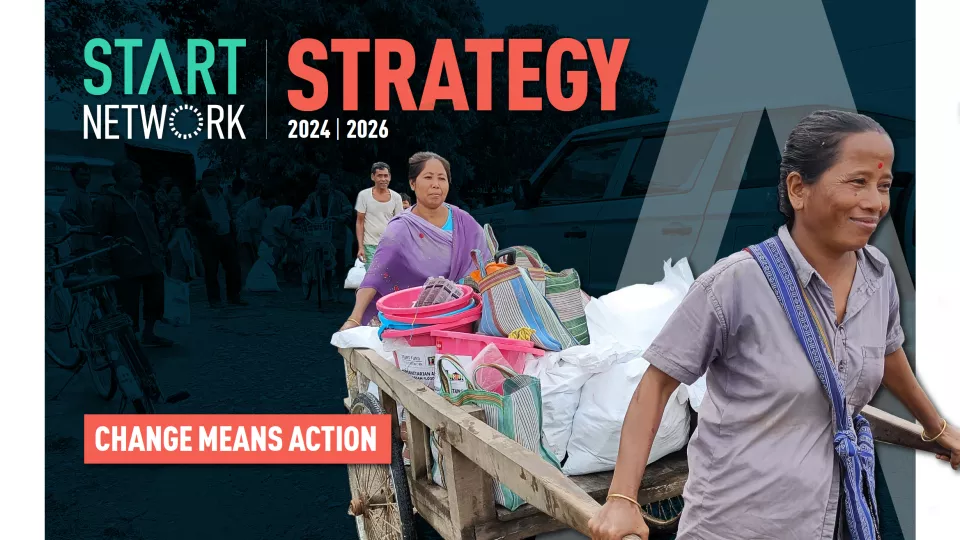
Start Network’s new strategy: Shifting the conditions that hold the system in place
Change means action: Start Network's new 3-year strategy for 2024-2026 has just launched. It crystallises our value offer as a systems change organisation and sets out how we will address the challenges in the humanitarian sector.
New humanitarianism, local capacity and the case for system change
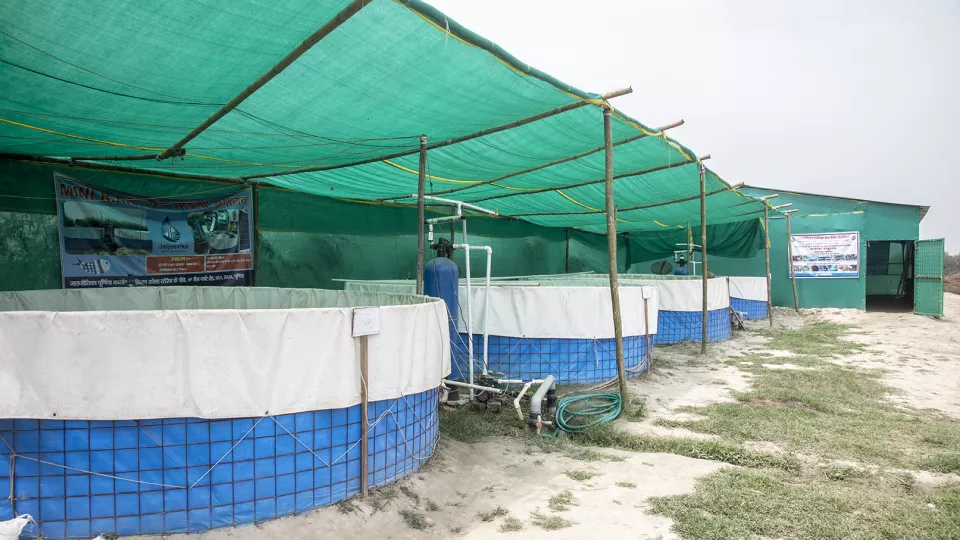
Community-led innovation for a locally led humanitarian system
A locally led humanitarian system is only possible through innovating, experimenting and testing different ways of working.
